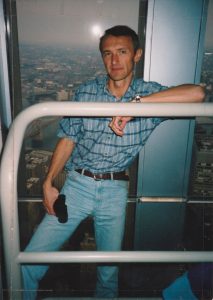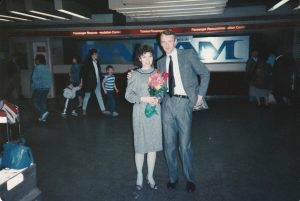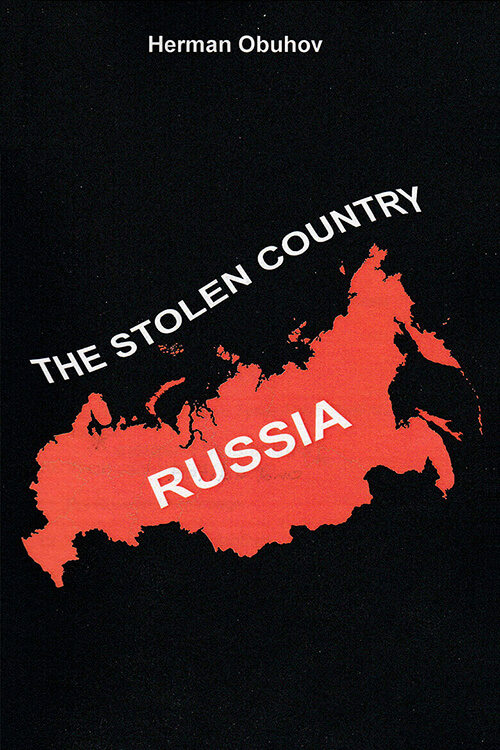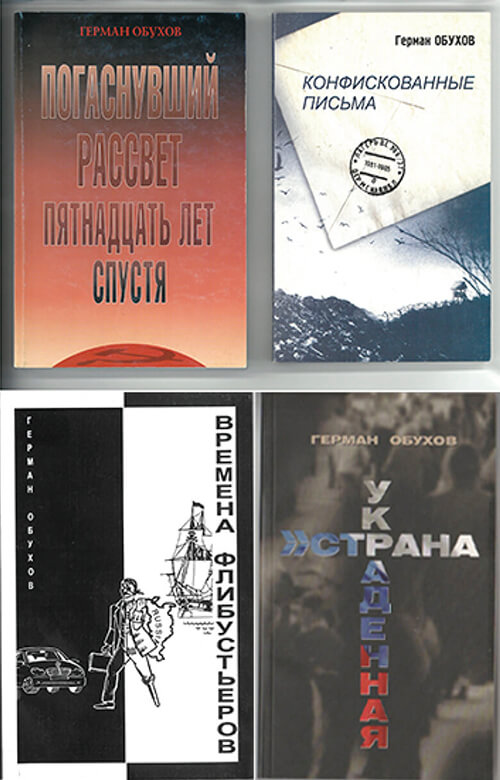
After the New Year, my life had transformed – I had ditched my working clothes for a clean shirt and a tie, and clean trousers with a leather belt. Three months later, I swapped my old Volvo for a new Chevrolet Corsica and moved to a two-bedrooms apartment that occupied an entire floor of a 3-storey building in West Haven. My income was nearly twice my expenses. When I sent a picture of my car and my apartment to Irina, she could not believe it and a week later I received a letter from her saying that she would like to come visit! What was I to do? I had to turn to my congressman for help with obtaining a visa, since she lost her privilege as the wife of a political refugee when she returned to the USSR. In the meantime, my parents were also going to come to the US, and visas had already been issued for them. I met them at JFK in the summer. They liked everything, but my father never adapted to America – he did not know the language or how to drive a car, so he felt uneasy and constrained.
In September 1990, Leningrad hosted the first congress of political prisoners and I was invited. I had earned enough to make such a trip, so for the first time since my emigration, I crossed the border of the Soviet Union with an American travel document. The border guards in Leningrad looked at me in surprise. The congress and getting back in touch with my longtime friends was a memorable experience.
I had quite a turn a week later when Irina told me that my parents had returned. They had applied for political asylum in the US, and all was lost, but there was nothing I could do. My father preferred living with his books, his native language and those who knew him. I went back to America, disappointed but to a good job and a feathered nest. Two months later, Irina came to me again.

The next three years were quite uneventful, but after the Soviet Union had collapsed in December 1991 and the Warsaw Pact had ended, the scale of political activity in America was massive. I had a well-paid job at Yale New Haven Hospital, but it did not satisfy the needs of my mind. I felt drawn to politics: I was meeting congressmen, senators and activists at various symposia and conferences. In 1992, I was desperate to create something of my own, so my friends and I registered the Russian-American Council for Economic Development (RACED), soon joined by Anatoly Sobchak, the First St. Petersburg Mayor. The same year I found out that I, like all other political prisoners of the USSR, had been rehabilitated by the Decree of the President of Russia Boris Yeltsin. We received a 50-dollar compensation (I converted the RUB amount to USD) for each year spent in a labor camp. In other words, I received 200 dollars for 4 years, or a little more than I made a day at Yale. Clearly, Russia has a heart of gold.
In 1994, during my next trip to St. Petersburg, I met with the Mayor and his Deputy, Vladimir Putin. That was also when the city’s largest and most popular newspaper published my full-page article The Time of Filibusters. In 1995, I decided to quit my engineering job at Yale and move to Russia. However, I lived there for only six months and ended up returning to America, where I worked for another three years, first in production at Hewlett-Packard in Andover, Massachusetts, where they manufactured and assembled medical equipment; and then, as the Engineering Department Head at a small hospital outside Boston. In 1998, the plane took me back to Russia.
My life in early Russia surely was more dynamic and interesting, although my earnings dropped. I regularly communicated with the deputies of the St. Petersburg Legislative Assembly, some of whom, Yuri Gladkov for example, have become my friends for life. I had a chance to make friends with Galina Starovoitova, State Duma deputy and a very prominent politician, who was killed in November 1998. Crime in Russia was skyrocketing at that time. I celebrated the New Year 2000 in Chelyabinsk, my hometown, where I also heard that the President Yeltsin had resigned and had picked Vladimir Putin, who served as Chairman of the Russian Government, as his successor. The country was indeed changing. Meanwhile, I published three of my books – Confiscated Letters in 1998, Extinguished Dawn 15 Years Later in 1999, and The Times of Filibusters in 2000. They had limited circulation and were sold out very quickly. My materials about foreign and domestic affairs were published in a St. Petersburg newspaper almost every month. I was also interviewed on Radio Liberty and some TV channels. There were small commercial projects on computerization of universities and schools. In 2005, I established the Open the World for Children International Charitable Foundation, whose Trustees later included: Zhores Alferov, academic and Nobel prize winner; Count Peter Sheremetev (France); Vadim Tulpanov, Senator from St. Petersburg; and, other social leaders and politicians. The Foundation had helped more than two thousand orphans gain computer knowledge by installing ICT rooms in orphanages.

